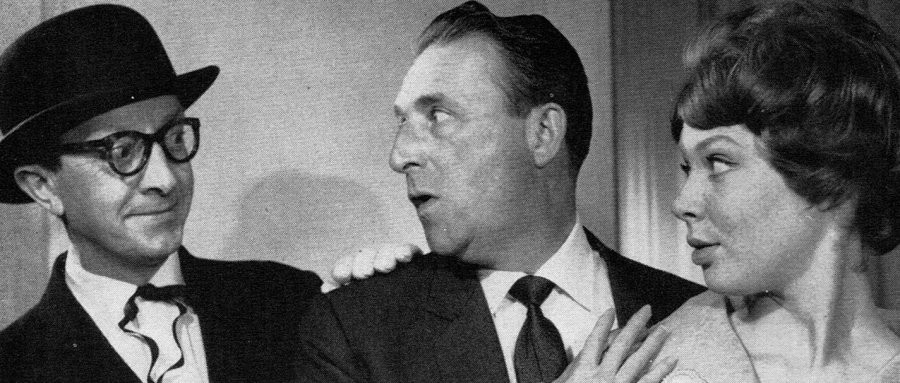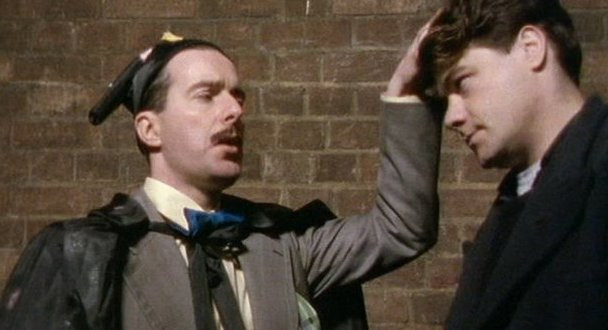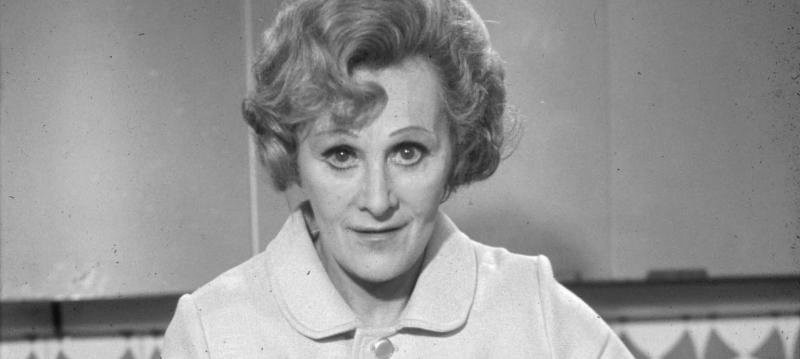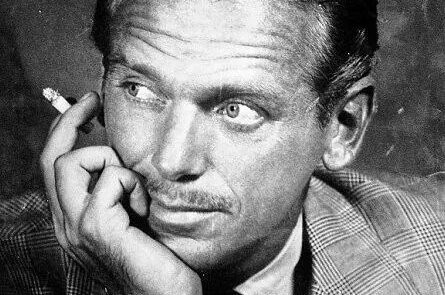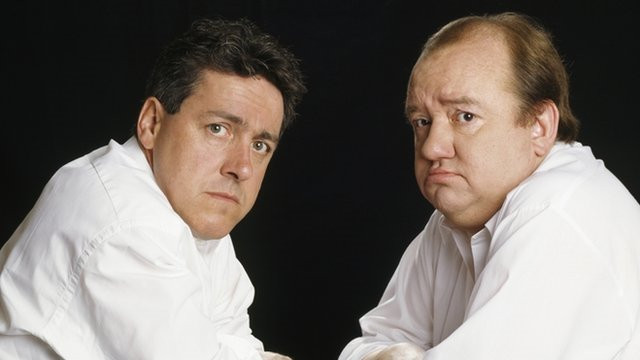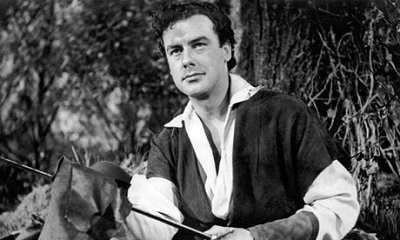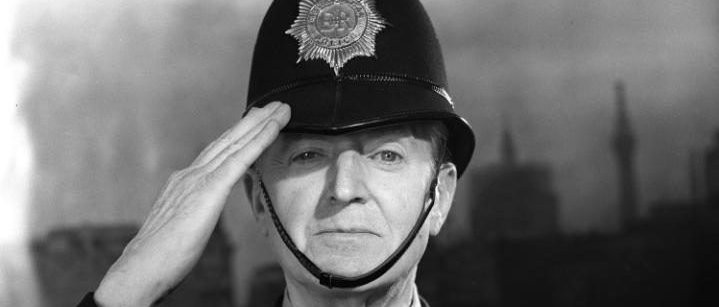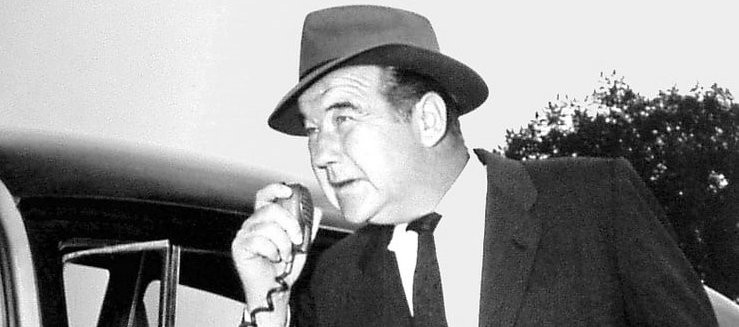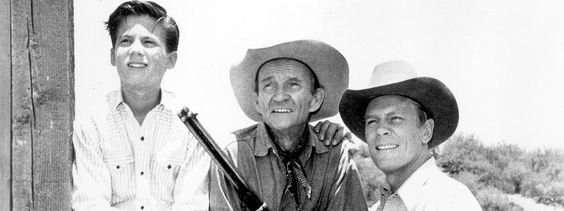
Look At It This Way
1955 - United KingdomLook At It This Way was Eric Barker's fourth series for BBC Television in the 1950s following on from three series of The Eric Barker Half-Hour. It was also to be his last. As early as 1951 Barker had got into trouble with his bosses. The BBC were experimenting with covering the General Election. There were considerable obstacles in the way, most notably the 14-Day Rule that prevented the BBC from commenting on any issues being debated in Parliament for two weeks. But at the same time the Corporation were keen to make programmes dealing with 'current affairs.' Barker wrote and broadcast a sketch on the ludicrousness of the situation. But his bosses at the BBC were none too pleased. Fearing that sketches poking fun at the government would hinder their cause, Barker was told in no uncertain terms to reign in his satirising of the British Government.
By the time Look At It This Way reached the screens in 1955, Barker was poking fun at British life wherever he saw the opportunity, be it politics, sport, industry or transport. But it was one particular sketch that had everyone clamouring for his neck. It seemed harmless enough at the time. In this sketch a regal-looking lady (played by Barker's real-life wife, Pearl Hackney), is at a launching ceremony for a new ship. She is passed a bottle of champagne on a rope which she then releases. The scene cuts to a film of a ship slowly sinking. Within minutes of transmission the telephone lines to Broadcasting House were jammed by angry callers convinced that the show had mocked the Royal Family. Although there was no inference in the sketch, the public and press alike were convinced that the lady in the sketch was intended to be the Queen Mother. Barker was immediately ordered to present himself to the Head of Light Entertainment who gave him a severe dressing down and warned him that if there was any further controversy the series would be cancelled and he (Barker) would never work for the BBC again.
Look At It This Way ran from February to April 1955. It was shown fortnightly. Barker was once again joined by Nicholas Parsons and Cameron Hall. When the series ended the BBC decided not to renew his contract. In his autobiography, My Life In Comedy, Nicholas Parsons wrote: "...his individualism did not endear him to an organisation that at the time liked conformity and conventional thinking." Barker enjoyed a hugely successful film career until a stroke, at the age of 52, ended his it. Although he survived the stroke he was unable to work again other than a little in local radio. Eric Barker passed away in 1990 aged 78 years.
Published on December 31st, 2018. Written by Laurence Marcus for Television Heaven.


